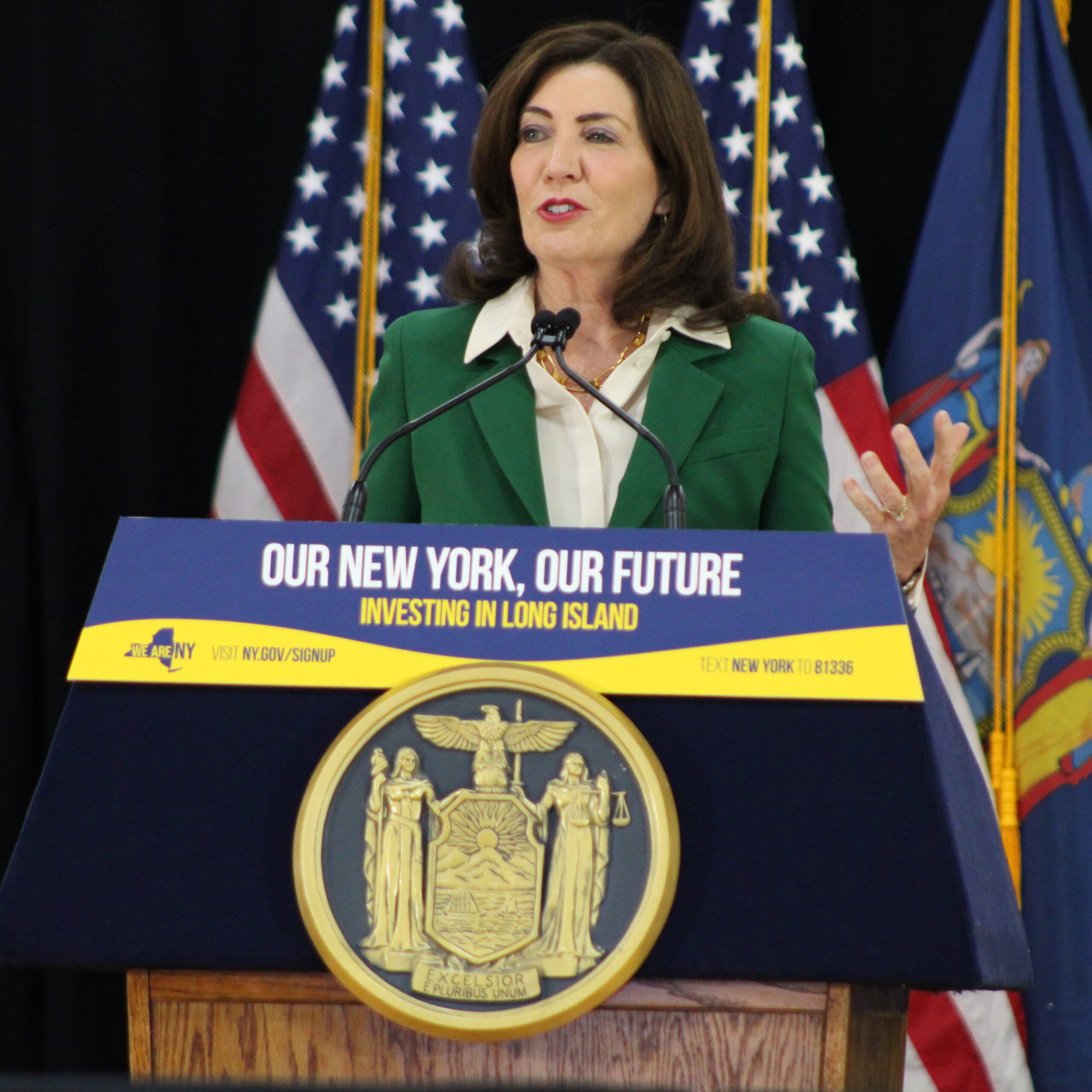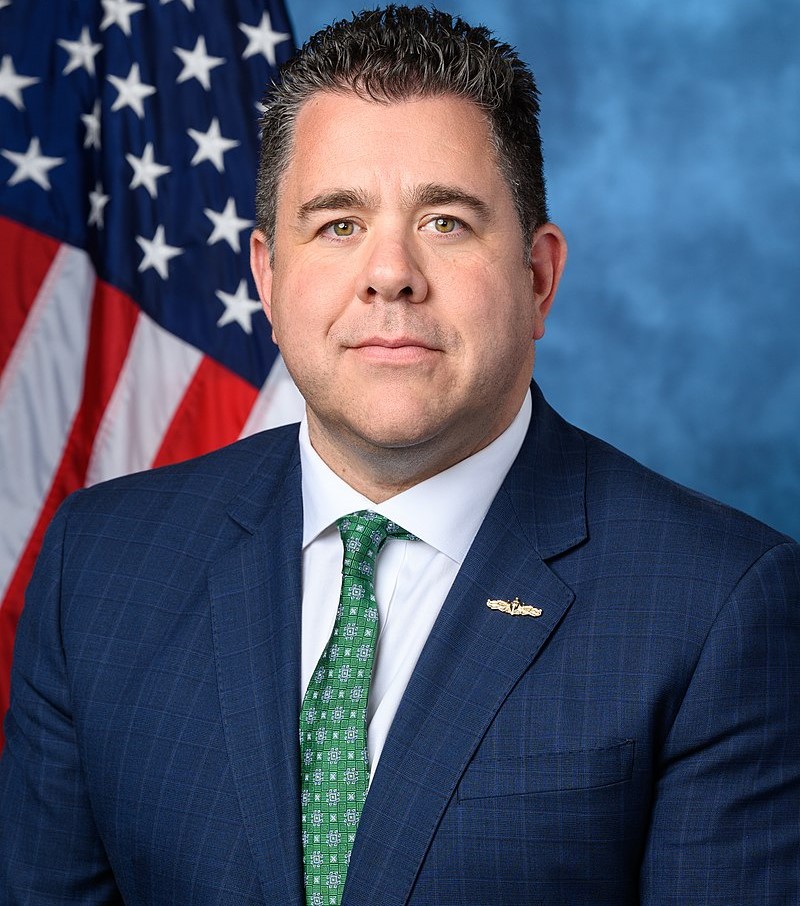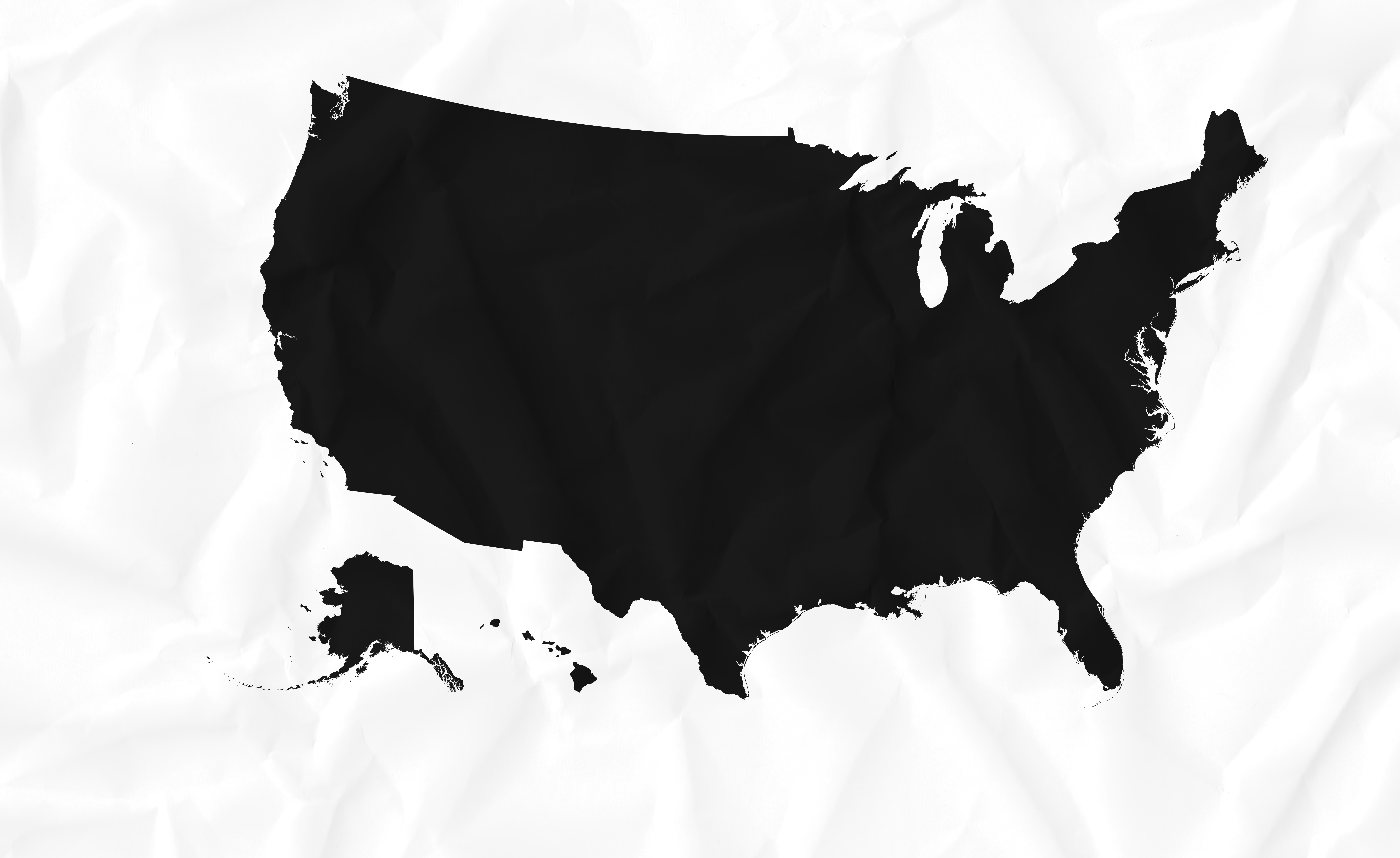National
States are continuing to hold their primaries for statewide and congressional offices for the 2024 election.
On Saturday, Hawaii held its primaries for the U.S. Senate, U.S. House, and state legislature, all of which are extremely likely to remain in Democratic hands, as Hawaii is one of the bluest states in the country.
Senator Mazie Hirono (D) easily won her primary and will face Bob McDermott (R) in November. McDermott ran in 2022 and only garnered 26% of the vote.
More notably, Hawaii House Speaker Scott Saiki (D) lost his primary in House District 25 to community activist Kim Iwamoto. Iwamoto primaried Saiki from his left. While the race isn’t likely to affect partisan control of the State House – House District 25 covers parts of downtown Honolulu and re-elected Saiki with 73% of the vote in 2022 – the ousting of the Speaker is likely to spark significant changes in political power in the state House.
Democrats have overwhelming partisan edges in the state legislature. In the Senate, Democrats hold a 23-2 majority over the GOP, while in the House, Democrats hold a 44-6 seat advantage.
Tuesday night brought primary results in five more states, most of which have marquee races or are likely to be included in the national spotlight.
In Wisconsin, the Senate race is set between two-term incumbent Tammy Baldwin (D) and businessman Eric Hovde (R). Baldwin was narrowly elected in 2012 and won by a comfortable eleven-point margin in 2018. While Wisconsin is perhaps one of the most competitive states at nearly all levels, Baldwin might have a slight upper-hand, as Wisconsin’s other Senate seat is held by Ron Johnson (R). Wisconsin is also one of just five states to have a split U.S. Senate delegation – one composed of a Senator from each party.
So far, Baldwin has retained decent, yet not insurmountable, leads over Hovde in polling. Hovde as the endorsement of former President Donald Trump (R-FL) and faces a tough environment in which Wisconsin is likely to be one of the closest states of the presidential election.
In Minnesota, popular Senator Amy Klobuchar (D) defeated four other opponents to secure a primary win. Royce White (R), a former NBA player, won the Republican nomination to face Klobuchar, taking nearly 40% of the vote in a field of eight candidates.
The potential of Minnesota’s competition in the presidential race has reached a new level of ambiguity following Joe Biden’s (D-DE) departure from the race and the nomination of Governor Tim Walz (D-MN) as Vice President Kamala Harris’ (D-CA) running mate. Polls showed a possible Trump win in the North Star State, which hasn’t backed a Republican presidential candidate since 1972. Polls now give Harris a decent lead, but one that is not impenetrable. Minnesota is also home to a competitive suburban-Twin Cities congressional seat.
Regardless of the top-of-the-ticket energy, Klobuchar is highly likely to win a fourth term. She has won all of her terms in good Democratic years that have seen her reach at or around 60% of the vote each time.
However, the real spectacle in Minnesota came from the Minneapolis-based MN-05, held by notable progressive “squad” member Ilhan Omar (D). Omar won the open seat in 2018 with nominal opposition in this deep-blue seat. She faced a 2020 primary against four candidates in which she emerged with 57% of the vote and went on to win re-election in a four-way race. In 2022, Omar narrowly survived a primary from her right from former Minneapolis City Councilman Don Samuels (D). Omar was re-elected that November with almost 75% of the vote.
Omar faced another primary on Tuesday from Samuels, as well as two other minor candidates. Omar’s mandate was stronger this year, as she emerged victorious with 56% of the vote. The primary became heavily watched after the fall of two other progressive “squad” members: Jamaal Bowman (D, NY-16), who lost the primary to Westchester County Executive George Latimer (D), and Cori Bush (D, MO-01), who lost her primary to St. Louis County prosecutor Wesley Bell (D).
In Connecticut, two-term Senator Chris Murphy (D) was unopposed for his party’s nomination. Republicans selected 2018 nominee Matt Corey (R), who defeated Gerry Smith (R) by about nine points.
Connecticut remains an obstinately blue state with some grassroots Republican support. Republicans last won a U.S. Senate race here with Lowell Weicker (R) in 1982.
Murphy’s two prior victories were by comfortable margins and remains the favorite for re-election this year. Murphy faced Corey in 2018, a race in which Murphy won by twenty points and lost the state’s most Republican-leaning county, Litchfield County.
Finally, in Vermont, Senator Bernie Sanders (I) was unopposed in the primary and is the heavy favorite to win a fourth term in one of the nation’s bluest states. He faces Gerald Malloy (R), who was the nominee for U.S. Senate in 2022. Malloy lost to then-Congressman Peter Welch (D) by forty points.
State
The State’s rollout of legalized cannabis and licensed dispensaries continues to draw ire from New York City elected officials.

A bipartisan slate of nine members of the New York City Council penned a letter to Governor Kathy Hochul (D) on Monday imploring her to intervene on the State’s Cannabis Control Board’s plan to allow waivers for the current 1000-foot-buffer between legal cannabis shops. It would effectively allow two or more stores to sell marijuana on the same city block.
“Flooding our city with more dis-pensaries not only degrades the quality of life in these communities but also decreases the value of these licenses and only encourages more illegal sales,” the letter reads. “We are at a critical juncture, and any reduction in the buffer zone at this time would only exacerbate the situation.”
The State received mass criticism earlier this year in its effort to roll out marijuana licenses while also combatting the blizzard of illegal shops.
The New York City Councilmembers also approved of Mayor Eric Adams’ (D) “Operation Padlock to Protect” program that shut down hundreds of illegal shops. However, the councilmembers added that shutting down the illegal stores remains a “herculean task.”
Assemblyman Harvey Epstein (D-Manhattan) said that “oversaturing the market” would be a problem brought on by easing the 1000-foot rule, adding that the city is still “burdened” with illegal shops.
New York State has 161 licensed dispensaries, with almost half located in New York City and on Long Island.
Some cannabis shop owners plan to sue the State if officials loosen the 1000-foot rule.
Local
Congressman Nick LaLota (R, NY-01) has helped introduce the bipartisan Save Our Safety-Net Hospitals Act, which would prevent large cuts to New York hospitals’ Medicaid payments. Stony Brook University Hospital is facing a possible $53 million cut this year.

“New York’s safety-net hospitals, like Stony Brook University Hospital, are the backbone of our healthcare system, providing essential care to our most vulnerable communities. The potential $53 million cut in Medicaid funding threatens the very foundation of these institutions,” said LaLota. “My bipartisan Save Our Safety-Net Hospitals Act would prevent massive cuts to the nation’s most vulnerable hospitals without any cost to the taxpayer and ensure they can continue to deliver critical services. This is a bipartisan and common sense fix to an issue directly impacting hospitals on Long Island and safeguards healthcare access for those who need it most, ensuring that no one is left behind due to bureaucratic oversights.”
Medicaid Disproportionate Share Hospital (DSH) Funding helps to preserve care access at healthcare facilities that serve the most vulnerable populations. All New York hospitals receive some level of DSH Funding, with many relying on the funding to remain operational.
Currently, the amount of capped DSH funding is based on financial losses from services provided to uninsured patients, Medicaid enrollees, and dual-eligible enrollees, Medicaid patients who also use Medicare or other third-party coverage. The bill would alleviate the impact of the cap that is provided for in the Fiscal Year 2021 Consolidated Appropriations Bill. It would define the Medicaid shortfall component of the DSH cap to include costs and payments for patients for whom Medicaid is the primary payer, unreimbursed costs associated with Medicare dual-enrollees, if applicable, and any unreimbursed costs associated with other dual-enrollees.
The Medicaid cap from the 2021 Consolidated Appropriations Bill is seen as an “unintended consequence” of Section 203, which caps DSH funding to hospitals that “incur significant uncompensated costs for their low-income, dually-eligible Medicare patients.”




